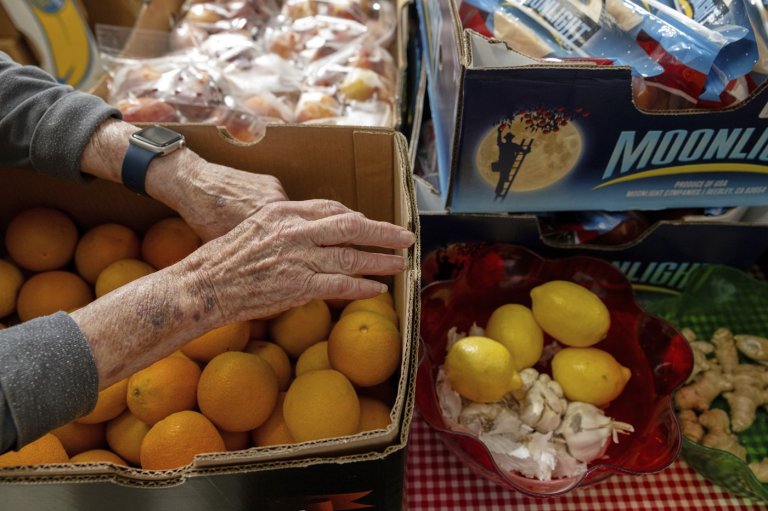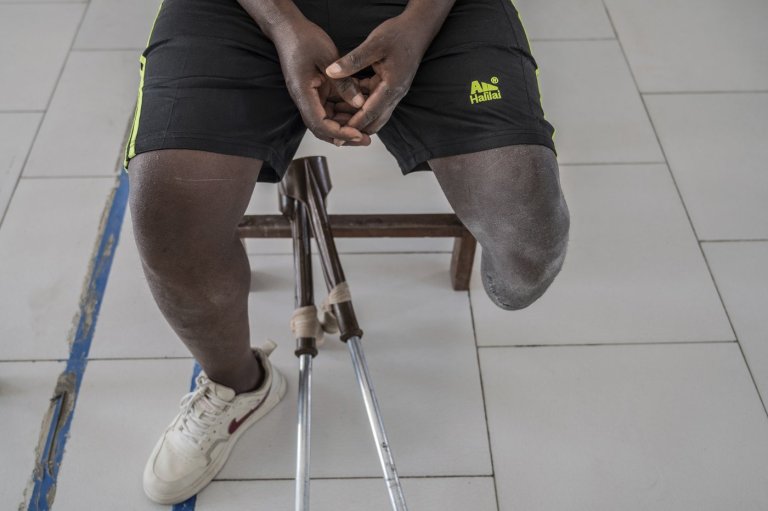Spoonfuls don’t help the medicine go down safely: They can lead to dosing mistakes, study says
CHICAGO – The song says a spoonful of sugar helps the medicine go down, but a study says that kind of imprecise measurement can lead to potentially dangerous dosing mistakes.
The results, published online Monday in Pediatrics, underscore recommendations that droppers and syringes that measure in millilitres be used for liquid medicines — not spoons.
The study involved nearly 300 parents, mostly Hispanics, with children younger than 9 years old. The youngsters were treated for various illnesses at two New York City emergency rooms and sent home with prescriptions for liquid medicines, mostly antibiotics.
Parents were contacted afterward and asked by phone how they had measured the prescribed doses. They also brought their measuring devices to the researchers’ offices to demonstrate doses they’d given their kids.
Parents who used spoonfuls “were 50% more likely to give their children incorrect doses than those who measured in more precise millilitre units,” said Dr. Alan Mendelsohn, a co-author and associate professor at New York University’s medical school.
Incorrect doses included giving too much and too little, which can both be dangerous, he said. Underdosing may not adequately treat an illness and can lead to medication-resistant infections, while overdoses may cause illness or side effects that can be life-threatening. The study doesn’t include information on any ill effects from dosing mistakes.
Almost one-third of the parents gave the wrong dose and 1 in 6 used a kitchen spoon rather than a device like an oral syringe or dropper that lists doses in millilitres.
Less than half the prescriptions specified doses in millilitres. But even when they did, the medicine bottle label often listed doses in teaspoons. Parents often assume that means any similar-sized kitchen spoon, the authors said.
“Outreach to pharmacists and other health professionals is needed to promote the consistent use of millilitre units between prescriptions and bottle labels,” the authors said.
___
Online:
Pediatrics: http://www.pediatrics.org
FDA: http://tinyurl.com/oc3bnlk
___
AP Medical Writer Lindsey Tanner can be reached at http://www.twitter.com/LindseyTanner
Join the Conversation!
Want to share your thoughts, add context, or connect with others in your community?
You must be logged in to post a comment.

















